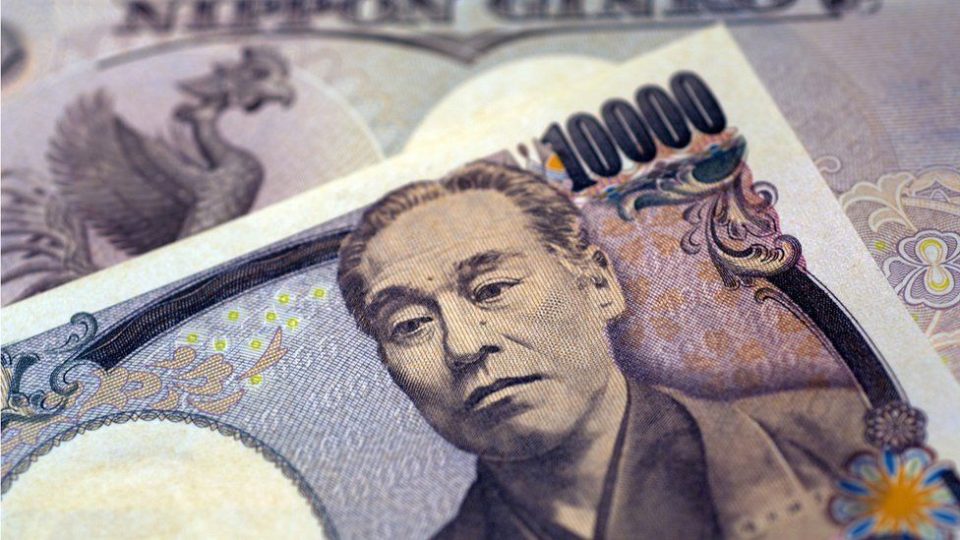The yen fell to its lowest level since 1998 as a surge in overnight bond yields put more pressure on the yen. The yen fell 0.4% to $139.59 in Tokyo trading on Thursday, hitting a fresh 24-year low. The next key psychological level for currency watchers to watch is 140, which some analysts say could trigger official intervention.
The fallout from the hawkish Fed’s Jackson Hole seminar continued to ripple through markets, pushing the benchmark Treasury yield up 3.2%. Data showing euro zone inflation rose to a record high in August, beating expectations, also weighing on global bonds on Wednesday.
“August European CPI confirmed that global inflation is far from being contained and US yields are under renewed upward pressure, which is positive for USD/JPY,” said Takuyaa Kanda, general manager of Gaitame.com Research Institute in Tokyo. “Under the stance of Bank of Japan Governor Haruhiko Kuroda, players just need to sell yen.”
Federal Reserve Chairman Jerome Powell made clear last week in Jackson Hole that concerns about an economic slowdown were not a priority, dispelling lingering optimism about a softening stance on interest rates. By contrast, Bank of Japan Governor Haruhiko Kuroda reiterated the need for continued easing, re-emphasising that the apparent policy divergence between Japan and the US earlier this year weighed on the yen.
The inflation-adjusted yield gap between the US and Japan has widened to near its highest level this year. The so-called real yield gap has been an important driver of yen weakness as investors seek more attractive returns in the US than in Japan, as the spread shows.
The yen retreated to the closely watched 140 level, reviving discussions about the possibility that officials might intervene to support it.
The last time Japan supported the yen was during the Asian financial crisis in 1998 when the yen was trading at around 146 against the dollar. It had previously intervened near the 130 level.
Meanwhile, traders will be keeping a close eye on Thursday’s US ISM manufacturing data, and Friday’s labour report, which could be the next possible catalyst for a weaker yen as Powell reiterates that the extent of Fed rate hikes depends on the data.
 Live
Live

